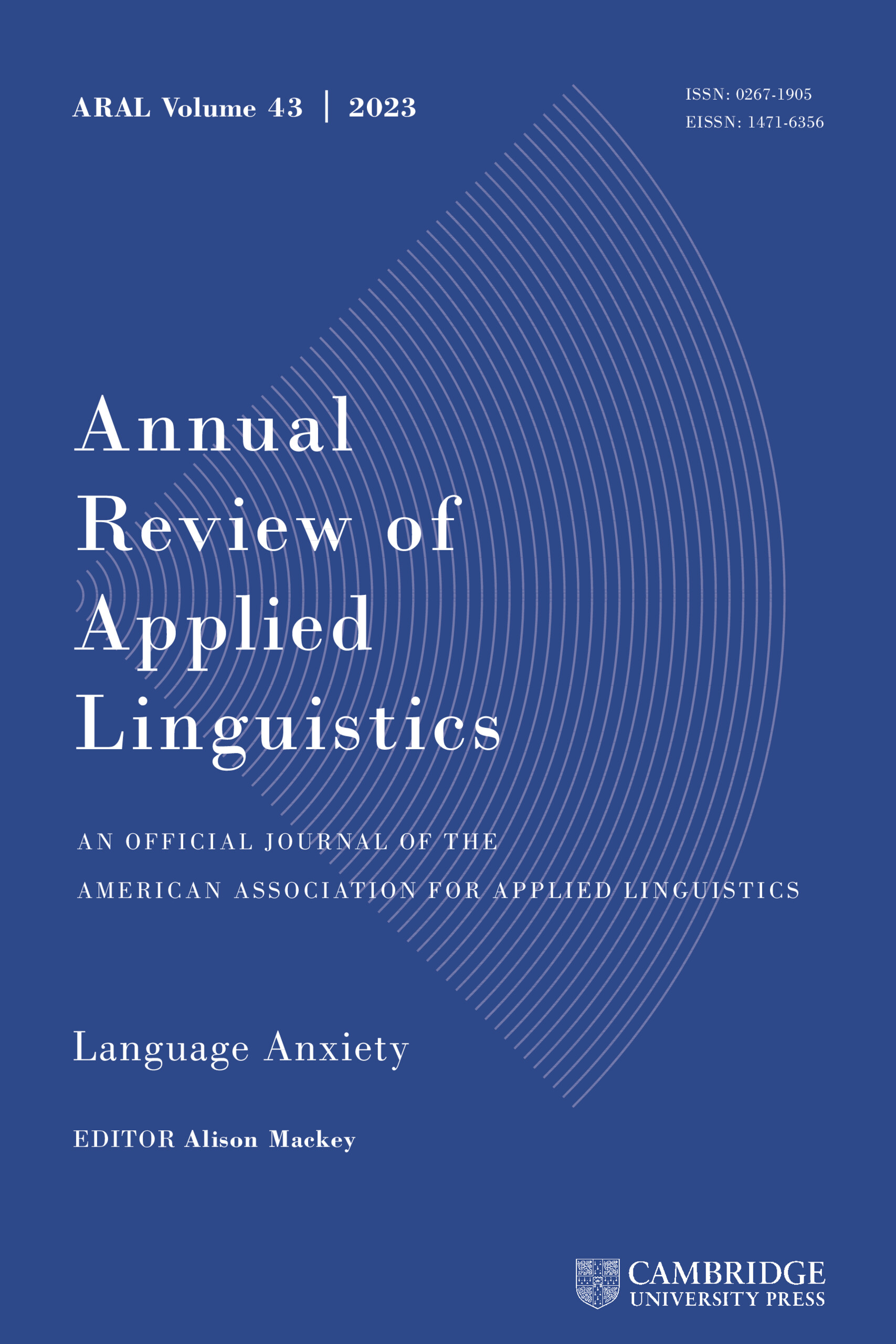Article contents
Language and Literacy in the Maghreb
Published online by Cambridge University Press: 19 November 2008
Extract
The history of literacy in the Maghreb (Arabic, “west”) spans several millennia. Strategically located in the Northwest of Africa and on the Southern shores of the Mediterranean, the Maghreb has been a crossroads where several civilizations mingled and interacted: The Greeks, the Phonecians, the Romans, the Arabs, and more recently the Turks and the Western Europeans have all affected, to varying degrees, the history, culture, language, and literacy of the region (Al-khatib-Boujibar 1984).
- Type
- Regional and Country Overviews
- Information
- Copyright
- Copyright © Cambridge University Press 1991
References
UNANNOTATED BIBLIOGRAPHY
- 2
- Cited by


